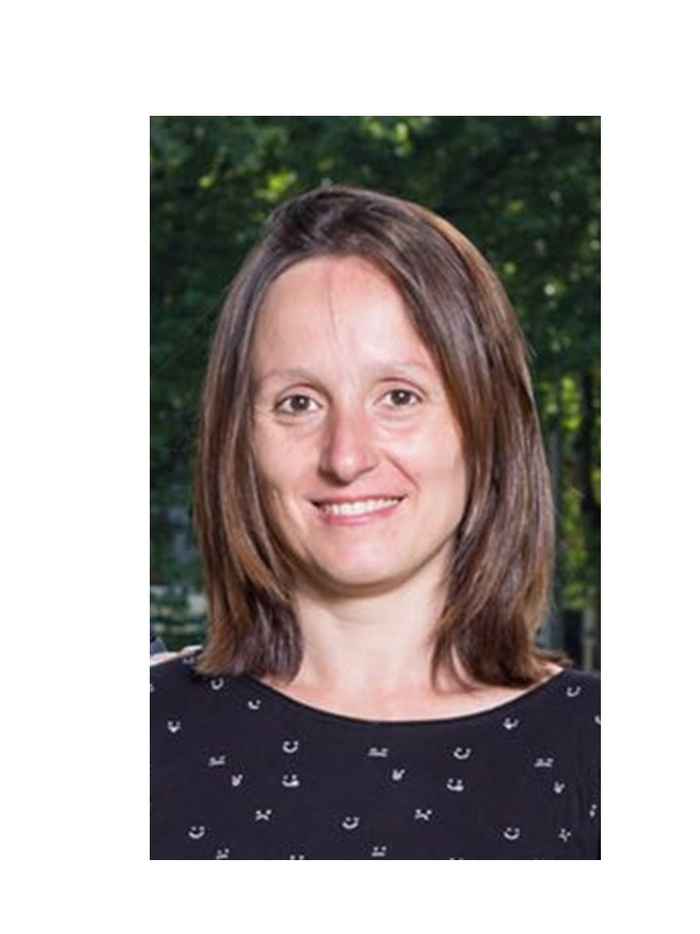Dr. Bahar Sakizlioglu (Marie Curie Research Fellow, Department of Geography, University of Leicester)

For this research, I have completed visiting scholarships both in Amsterdam and Istanbul as a part of my ‘comparative urbanist’ training to refine the comparative methodology employed in the research. Visiting scholarships (three months in each city) have served two purposes: 1) to learn and discuss the link between gender and gentrification in the specific contexts; 2) to build a network among scholars who work on gender, feminist theory and urban change in Amsterdam, Istanbul and Leicester. The former, as a methodological step, helped build a solid framework for the comparison of the gendered geographies of gentrification while the latter will hopefully make possible future research collaboration.
The Amsterdam Research Centre for Gender and Sexuality (ARC-GS) at the UvA welcomed me as a visiting scholar during my research in Amsterdam. During the visiting scholarship, I could complete my fieldwork in Amsterdam by conducting interviews with several non-gentrifier women living and working in the gentrifying Indische Buurt. I also engaged in participant observations in the neighborhood visiting many neighborhood organizations and institutions. My aim was to understand non-gentrifier women’s experiences of going through gentrification in their neighborhood. It was an intense fieldwork, where I learned a lot about how gender and space are mutually constituted in the context of gentrifying Amsterdam. Having the visiting scholarship during the fieldwork was a great intellectual opportunity, as it gave me the chance to present and discuss my work with the scholars at the ARC-GS while actually conducting the fieldwork. Firstly, I had the chance to discuss my research with gender and urban scholars at UvA, whose work is an inspiration to me. I am especially thankful to Marguerite van den Berg and Willem Boterman from the ARC-GS, who reserved their time to discuss the progress of my work in person with me.
Secondly, I had the chance to present the initial findings of my fieldwork in Amsterdam at a lunch seminar organized by the ARC-GS. In the presentation, I discussed the gentrification experiences of three groups of non-gentrifier women living and working in Indische Buurt, Amsterdam. The findings are as follow. 1) Material and emotional labor of ethnic minority women make possible the survival of ethnic enterprises during gentrification. Low-income ethnic minority women working at ethnic enterprises in Indische Buurt were burdened by the material and emotional labor to survive gentrification, worked behind the counters for long hours for low rates or as unpaid family members and made the survival of these enterprises possible. Those women engaged in heavy emotional labor by trying to balance the traditional gender roles in the family/work/care. 2) A group of non-gentrifier, lower middle class, highly educated, both ethnically Dutch and ethnic minority mothers were engaged in bridging different ethnic and class groups, solving conflicts and improving the local school using their own cultural and social capital, thus mothering diversity in their neighborhood. 3) A group of lower-middle class, ethnically mixed women, who work as social workers/volunteers at or linked to traditional neighborhood institutions (school, church, neighborhood centres) had important roles in addressing the inequalities in the gentrifying neighborhood and helped solve problems of very disadvantaged groups staying put in the area. I received constructive comments that helped me enormously while working on these initial findings during the writing phase.
Furthermore, I attended some other seminars and events organized by the ARC-GS and was inspired by the presentations and the quality of discussions. I could meet some other post-doctoral researchers, with whom I shared not only the academic chit-chats about our research themes but also the experiences of and challenges involved in being an early career researcher. Last but not the least important, I could join the speed mentoring session organized by the ARC-GS for the early career female researchers on the International Women’s Day. I could receive mentoring from different prominent scholars at the UVA about how to better develop my career. This has been extremely helpful and mind-opening for me.
All in all, I think the ARC-GS provided me with an excellent academic environment during the visiting scholarship. I am very happy and thankful that I was a part of this inspiring centre as a visiting scholar.